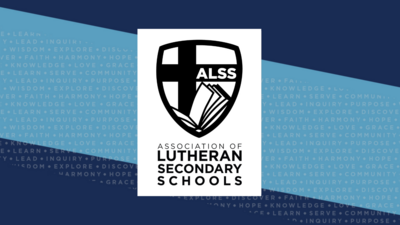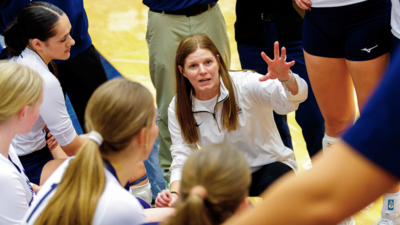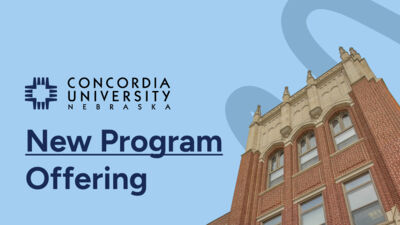Special Education: Transition to Post-Secondary Education

The transition from high school to post-secondary education is an exciting milestone in a student’s life. For students receiving special education services, however, this transition can present unique challenges. Planning early, understanding legal rights and building a strong support network are key factors in creating a successful and smooth move to college, vocational school or other post-secondary programs.
What is Transition Planning?
Transition planning is a formal process that begins in high school, typically by age 16 or earlier, depending on the state, and is required as part of a student’s Individualized Education Program (IEP). The goal of transition planning is to prepare students for life after high school, which may include college, technical training, employment, independent living or a combination of these.
A good transition plan is student-centered. It should reflect the student’s goals, interests, strengths and needs. It often includes measurable post-secondary goals and outlines the services, supports and activities necessary to help students reach them. Collaboration among students, families, teachers and guidance counselors is essential throughout this process.
Key Differences Between High School and College
Understanding how services change from high school to college is essential for students and families. While both institutions offer support, the structure and responsibilities differ significantly.
In high school, students are protected under the Individuals with Disabilities Education Act (IDEA), which guarantees a free appropriate public education and requires schools to provide services listed in the IEP. Support is proactive and coordinated by educators and administrators of the school. Families are typically very involved in high school IEP meetings and decision making.
In college, IDEA no longer applies. Instead, students are protected under Section 504 of the Rehabilitation Act and the Americans with Disabilities Act (ADA), which require institutions to provide reasonable accommodations, though students must primarily advocate for themselves. In post-secondary settings, the student is considered a legal adult. Colleges communicate directly with students, not parents, due to Family Educational Rights and Privacy Act (FERPA) regulations, and students must self-disclose their disability to the institution’s disability support services office and request accommodations such as extended testing time, note-taking support or accessible housing.
Steps for a Successful Transition
1. Start early.
Begin talking about post-secondary goals in early high school. Identify the types of programs the student is interested in—four-year universities, community colleges, trade schools or certificate programs—and explore admission requirements, necessary skills and support services available.
2. Build self-advocacy skills.
One of the most important skills a student with a disability can develop is the ability to understand and explain their needs. Students should practice describing their disability and how it affects their learning, communicating their strengths and challenges and asking for help and advocating for accommodations.
3. Understand the documentation requirements.
Colleges require documentation of a disability in order to provide accommodations. This typically includes a recent evaluation or diagnostic report. Students and families should check with each college’s disability services office to learn what documentation is needed and how to submit it.
4. Visit campuses and ask questions.
Campus visits can help students get a feel for the environment and support services available. Encourage students to meet with the disability services office during a visit and ask questions such as:
What accommodations are offered?
How do students request accommodations?
Are there tutoring or academic support programs?
5. Practice independent living skills.
Post-secondary success is about more than academics. Encourage students to practice time management skills, using public transportation, taking medications, budgeting and handling daily routines. These skills foster confidence and independence.
Earn Your M.Ed. in Special Education
Educators and advocates who want to play a greater role in helping students successfully transition to adulthood can take the next step through Concordia University, Nebraska’s Master of Education in Special Education program. This faith-informed, fully online degree equips teachers with the knowledge and tools needed to serve students with diverse needs, both in K-12 settings and during crucial transition periods.
Whether you’re a teacher, paraprofessional or advocate looking to grow in your calling, Concordia’s M.Ed. in Special Education program offers flexibility, personal support and a curriculum that reflects best practices in special education. Graduates are prepared not only to meet state and national standards but also to serve with Christ-like compassion and excellence in their communities.
Concordia University, Nebraska’s M.Ed. in Special Education prepares educators to serve with knowledge, empathy and purpose. Designed for working professionals, the fully online program equips graduates to meet the needs of diverse learners in inclusive classrooms.
Interested in Concordia University, Nebraska's M.Ed. in Special Education?
Related Stories


